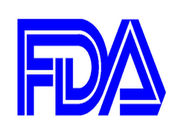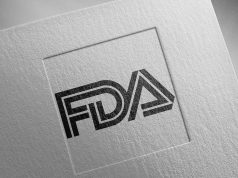Thirty-two percent of 222 FDA approved novel therapeutics from 2001 to 2010 were affected
WEDNESDAY, May 10, 2017 (HealthDay News) — From 2001 to 2010, 32 percent of novel therapeutics approved by the U.S. Food and Drug Administration had a postmarket safety event, according to a study published in the May 9 issue of the Journal of the American Medical Association.
Nicholas S. Downing, M.D., from the Brigham and Women’s Hospital in Boston, and colleagues conducted a cohort study of all 222 novel therapeutics (183 pharmaceuticals and 39 biologics) approved by the FDA between Jan. 1, 2001, and Dec. 31, 2010, followed up through Feb. 28, 2017.
The researchers found that during a median follow-up period of 11.7 years there were 123 new postmarket safety events (three withdrawals, 61 boxed warnings, and 59 safety communications), affecting 32.0 percent of the novel therapeutics. From approval to first postmarket safety event was a median of 4.2 years; at 10 years, 30.8 percent of novel therapeutics were affected by a postmarket safety event. In multivariable analysis, the frequency of postmarket safety events was significantly higher among biologics, therapeutics indicated for psychiatric disease treatment, those receiving accelerated approval, and those with near-regulatory deadline approval (incidence rates ratios, 1.93, 3.78, 2.20, and 1.90, respectively); events were significantly less frequent for those with regulatory review times of less than 200 days (incidence rate ratio, 0.46).
“Biologics, psychiatric therapeutics, and accelerated and near-regulatory deadline approval were statistically significantly associated with higher rates of events,” the authors write.
Several authors disclosed financial ties to the pharmaceutical industry.
Copyright © 2017 HealthDay. All rights reserved.








